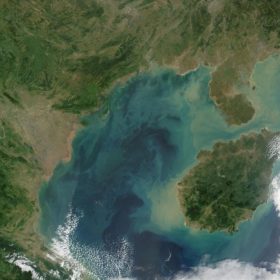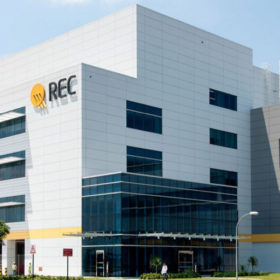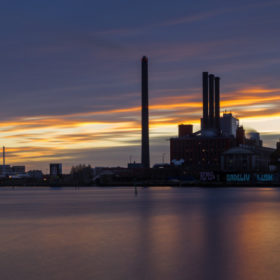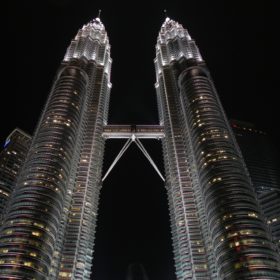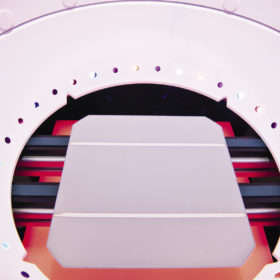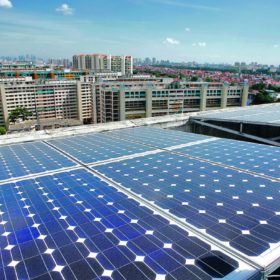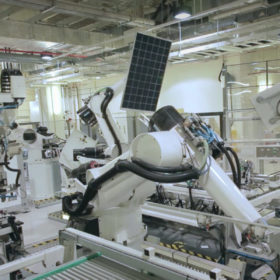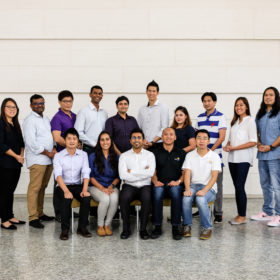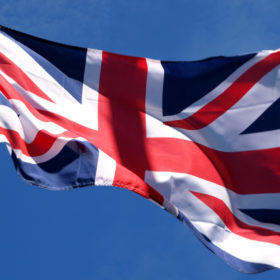Cost of developing renewables in Southeast Asia put through new mapping tool
Using an application based on resource data and country-specific techno-economic inputs, a report has analyzed the costs of developing utility scale renewables in Southeast Asia and found abundant, cost-competitive potential.
Joining the high-efficiency gang
In a conversation with pv magazine, REC vice-president for sales in the EMEA region Ivano Zanni describes the new strategy of the Norwegian manufacturer following the launch of its high-efficiency, half-cut mono n-type heterojunction module. REC expects annual production capacity for the panels at its factory in Singapore to increase to 600 MW by the end of next year, and that the company’s total capacity will reach 2 GW.
Public consultation opens for 11 GW renewables hub in Australia
The Western Australian Environmental Protection Authority is seeking public input on the massive Asian Renewable Energy Hub proposed for the country’s Pilbara region.
PV+storage opportunity looms in Asia-Pacific region: WoodMac
Solar-plus-storage could be competitive against gas peaking power plants in Australia within the next five years, as the average solar-plus-storage LCOE across the Asia-Pacific region is set to fall from $133/MWh this year to $101/MWh by 2023, according to a newly released research report.
Petronas jumps into PV market with Amplus acquisition
The Malaysian oil and gas group has purchased solar developer Amplus Energy Solutions from infrastructure investor I Squared Capital. No financial terms of the deal have been disclosed.
The weekend read: Quality on the line
With competition on the module market as cutthroat as ever, manufacturers are increasingly looking to emphasize the quality and reliability of their products and services as a differentiator. pv magazine investigates what’s behind some of these claims, and the move from manufacturers to more sophisticated quality assurance methods.
ING to lend $37m to Sunseap to build 50 MW in Asia
The Dutch banking group will serve as sole mandated lead arranger for the S$50 million ($36.98 million) loan. A unit of Singapore-based developer Sunseap will use the funds to build a 50 MW portfolio of rooftop PV projects.
High-efficiency solar module upgrades from REC and Trina
REC Group has begun production of its residential N-Peak Black series, reaching up to 325 watts. Concurrently, Trina Solar has released four new modules within its Tallmax, Duomax, Duomax Twin and Honey series — some of which reach up to 415 watts.
SERIS aims for 24% efficiency for mono PERC cell
The Singapore research institute will cooperate with China’s Ruxing Technology to increase the efficiency of its monoPoly™ technology. Through this cooperation, SERIS believes its solar cell efficiency could be raised to 24%, and module power beyond 345 W.
Singapore fund and British developer eye stake in UK government’s south Asian renewables company
U.K. developer Lightsource BP – in which oil and gas giant BP has a significant minority stake – and its Singapore fund partner EverSource Capital are reportedly ready to take up all the $100 million slice of Ayana Renewable Power which is being put up for sale.
